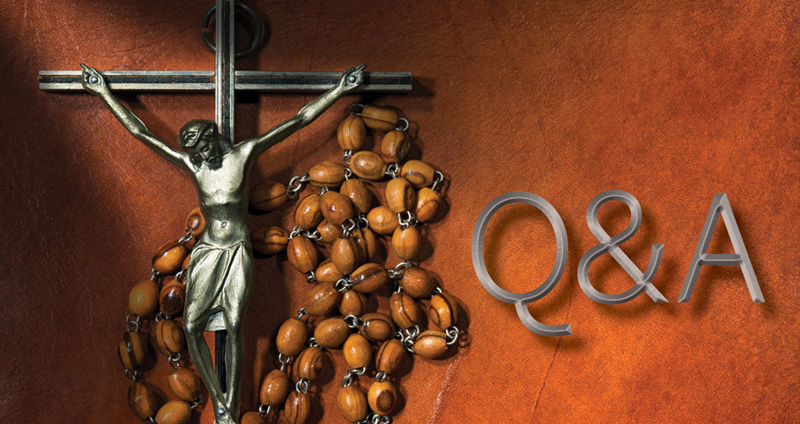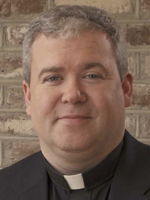
Q: Does the Catholic Church have a stance on the academic community replacing A.D. with C.E.? It feels like the academic world is trying to take God out of our lives. (Clover, SC)
A: The Church has no position on the use of C.E. (Common Era) instead of A.D. (Anno Domini, or Year of Our Lord). The expression has been used in the English language since the seventeenth century but has rapidly grown in popularity in recent times, especially among academics.
While it’s understandable that the academy will use its own language for its work, it’s unsettling that predominant cultural expressions are being abandoned over supposed tolerance and pluralism. Incidentally, most institutions and social customs in the West trace themselves back to the Christian faith. This foundation shouldn’t disturb those who are not Christian since in their original integrity they were sources of unity. They were a means to assist and serve the common good and nurture healthy societies.
Societies should be cautious, therefore, about abandoning centuries-old customs that build up social cohesion, edify our higher natures and direct us to a care and service to one another.
Q: We were always taught that babies who died at birth would go to limbo. I thought that was so unfair. I have not heard anything about limbo for many years. What is the Church’s teaching on limbo? (Myrtle Beach, SC)
A: We know that God is infinitely compassionate and loving. He cares for all his children and desires for them to be with him. Based on this primary truth, the view of limbo was developed as a theological opinion in answer to questions about children who died under the age of reason and without baptism. Limbo was believed to be a place of relative blessing but without the vision of God. It was never a formal teaching of the Church, even though many well-intentioned religion teachers and catechists taught it in answer to questions about children who died without being baptized.
It is now generally held by theologians that children who die without baptism, such as unborn children, stillborn children, or newly born children, are received into heaven through a type of baptism of desire. This means that God blesses the child with the necessary graces of salvation, even though a baptism of water was not received.
Q: Throughout my entire life, whenever someone has died, every priest has invariably said, “He (or she) is now in heaven,” and I have always interpreted the priest to be sincere and believe exactly what he was saying. Do priests actually believe in purgatory? (Isle of Palms, SC)
A: This is an insightful question and one that displays the pastoral approach of the Church and her ministers during the loss of a person’s loved one. While certainly priests and deacons believe in purgatory, the homily is to preach the Paschal Mystery, namely, the Passion, Death, and Resurrection of Jesus Christ, and remind the faithful of heaven. Many of the prayers of the funeral Mass are filled with hopeful intercessions and declarations that the deceased person is in heaven and, oftentimes, a homilist will express this same hope in his message. It’s essential that we understand that this is an act of hope, not certainty.
With this pastoral accommodation in mind, however, it is important for a homilist to be careful to avoid any decree of canonization. While he is to announce a hope of salvation, he is also to remind the faithful to make supplication for the deceased, asking the Lord for his mercy and compassion.
At the next funeral you attend, I encourage you to listen for the subtleties of the homilist. You might be surprised to hear more of a reference to supplication than you remember.
Father Jeffrey Kirby is administrator of Our Lady of Grace Church in Lancaster. Email him your questions at askfrkirby@gmail.com.


